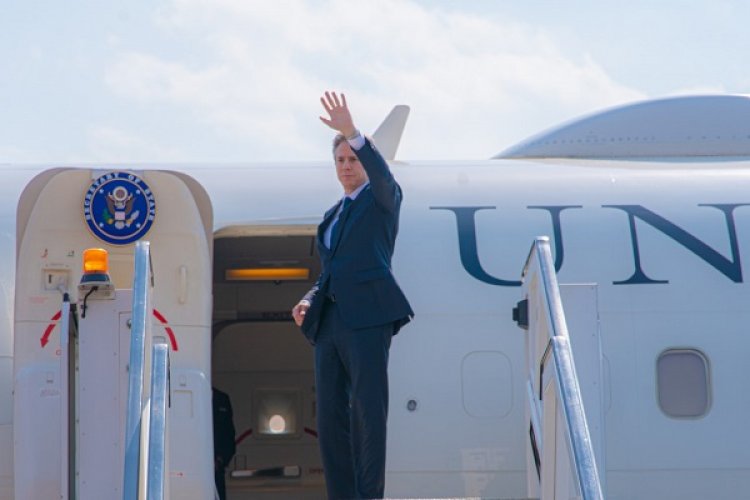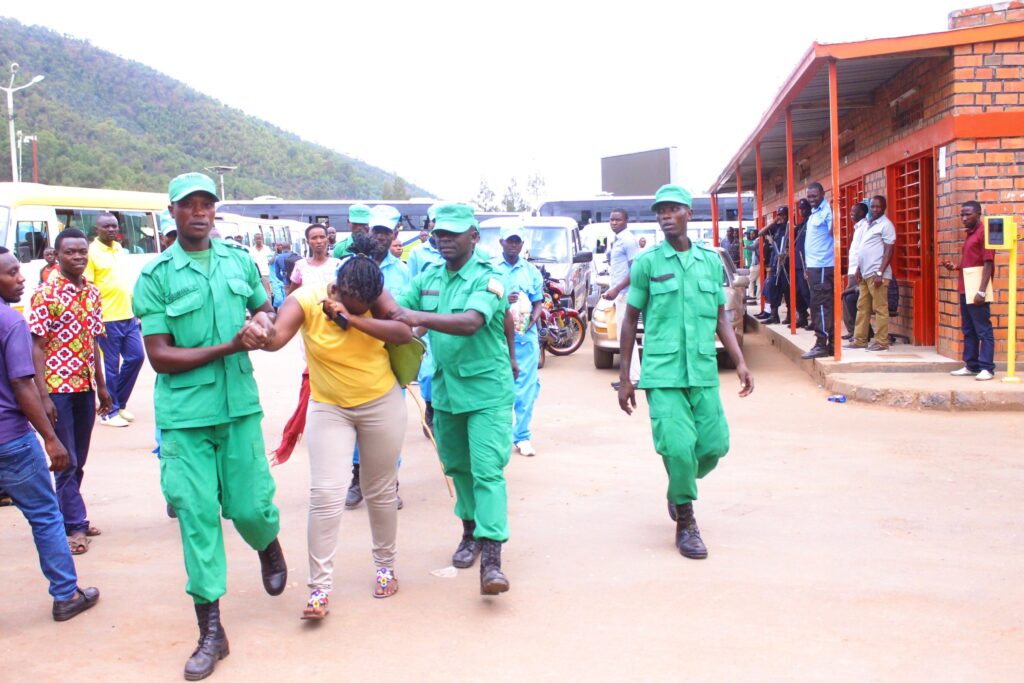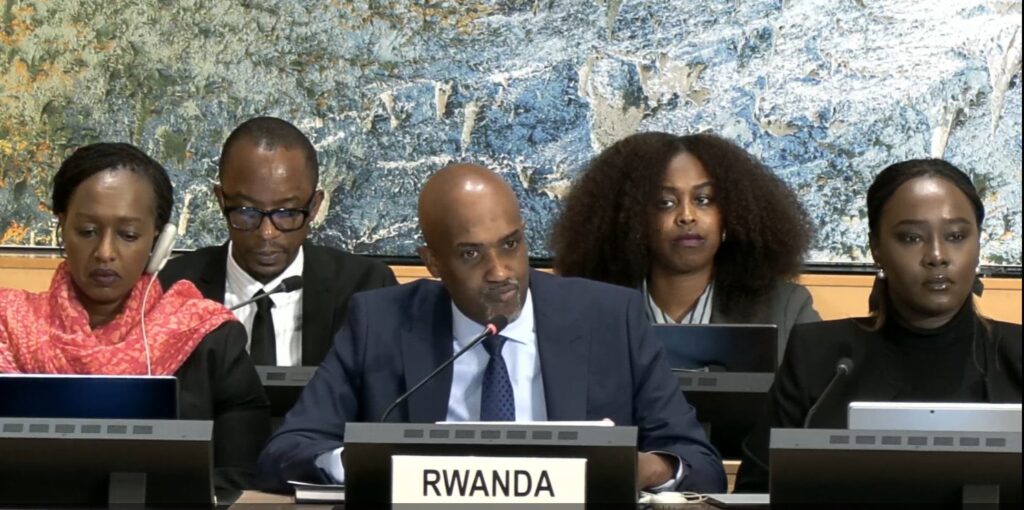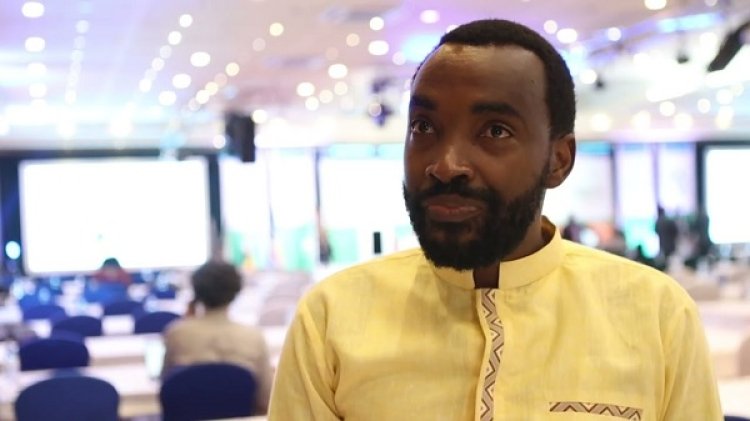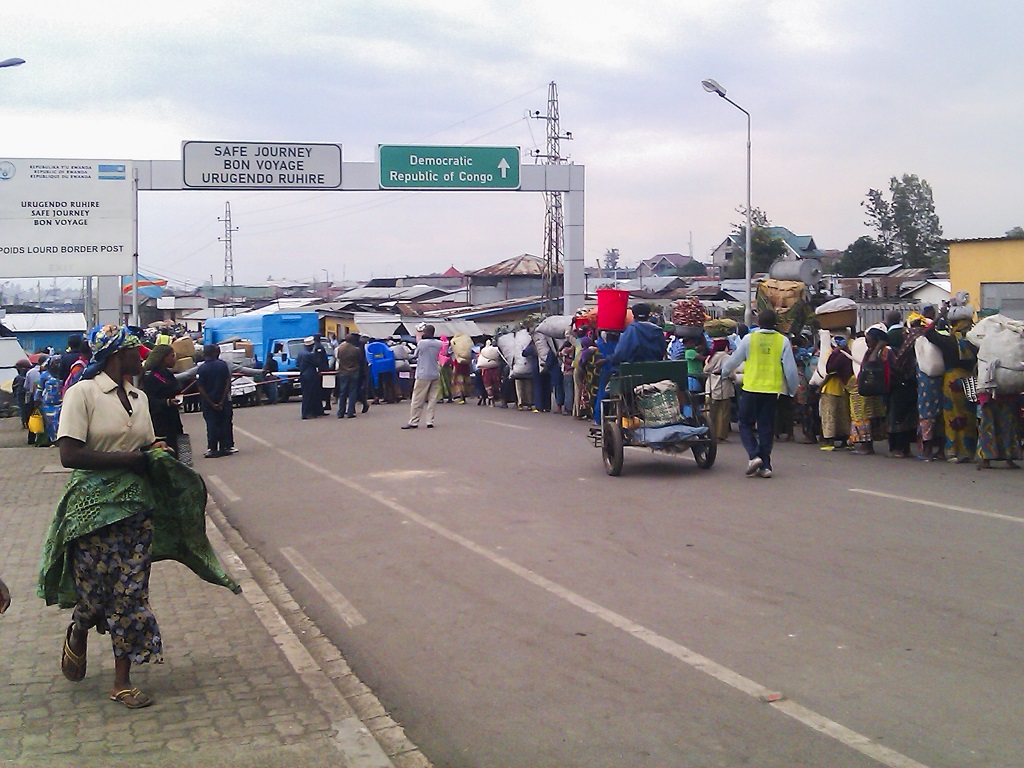United States secretary of State Antony Blinken said both Rwanda’s President Paul Kagame and DR Congo’s Felix Tshisekedi have agreed to engage in direct talks with each other to de-escalate tensions and devise ways to end actions of armed groups that endangers local community in East of Congo.
Deteriorating security situation in the sub-region has been top on the agenda of the US senior diplomat who concluded his three-nation tour to Africa Thursday after meeting officials in South Africa, DR Congo and Rwanda.
His visit came days to that of other US diplomats namely Ambassador to the UN Linda Thomas-Greenfield recently to Uganda, Ghana and Cabo Verde, and USAID Administrator Samantha Power visit to Somalia and Kenya.
The diplomats tackled a wide range of issues from security, cooperation with regard recovering from the COVID-19 pandemic, climate crisis, and the push to have African countries halt oil purchases from Russia even as they emphasize governments are free to decide who to trade, partner with and their interests.
“So yes, it is true that we are seeking to deprive Russia of the revenue that it receives from oil sales, which it is using to conduct this terrible, illegal campaign in Ukraine,” Assistant Secretary of State for African Affairs Molly Phee told journalists, adding that the visits of the diplomats ‘demonstrate our commitment to our partnership in Africa.’
“But as Ambassador Thomas-Greenfield emphasized when she was in Kampala, we worked very hard to exempt all Russian food products from sanction because we knew they were important to many consumers around the world, including those here in Africa,” she added.
However, it is matters regional peace and security, governance and human rights that were prominent in talks Blinken held with officials in DR Congo and Rwanda.
His visit came amid deteriorating security situation in East of DR Congo with counter accusations over supporting rebel groups that are opposed to each government.
Leaked UN report gave rise to these allegations, purporting that Rwanda supports M23 rebels who have been carrying out attacks on Congo army positions over the past months, while indicating that DRC also supports FDLR rebels who are hostile to Rwanda.
Rwanda denied the allegations.
“My message to both President Tshisekedi and Kagame is the same: Any support or collaboration with any armed group endangers local community and regional stability. And every country in the region must respect the territorial integrity of the others,” Blinken told journalists in Kigali Thursday.
He said both Presidents have agreed to engage in direct talks with each other, and were ready to resume talks in the context of the Nairobi process with armed groups, adding that both welcomed the continued US engagement in support of the African-led mediation efforts.
The US senior diplomat described his discussions with Rwanda’s President Paul Kagame as direct, candid and respectful.
He also said he welcomed the commitment of President Tshisekedi to actively pursue reform of the DRC’s armed forces, and pressed for an end to hate speech in DRC targeting Rwandophones.
No to calls to release Rusesabagina
The US diplomat told journalists he expressed his country’s concerns over “the lack of fair trial guarantees provided to Paul Rusesabagina”, the Rwandan native who is also US permanent resident currently serving 25 years in prison following conviction over terror charges, alongside 20 co-accused.
The 67-year old former hotelier is credited for saving over 1,200 lives during the 1994 Genocide against the Tutsi in 1994. He rose to fame after a 2004 Hollywood movie depicted his heroic acts.
“We continue to urge the [Rwandan] government to address our concerns about the legal protections accorded to him in this case and establish safeguards to address similar outcomes in the future,” said Blinken.
Rwanda rejected the call for his release.
Foreign affairs minister Vincent Biruta told journalists Paul Rusesabagina is a Rwandan citizen whose arrest, trial and conviction along with 20 other accomplices was done lawfully under both Rwandan and international laws.
“Therefore, Rwanda will continue to abide by our laws and the decisions made by our judiciary, and we will request our partners to respect Rwanda’s sovereignty, Rwanda’s laws and its institutions.”

